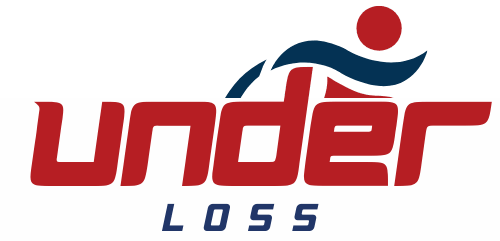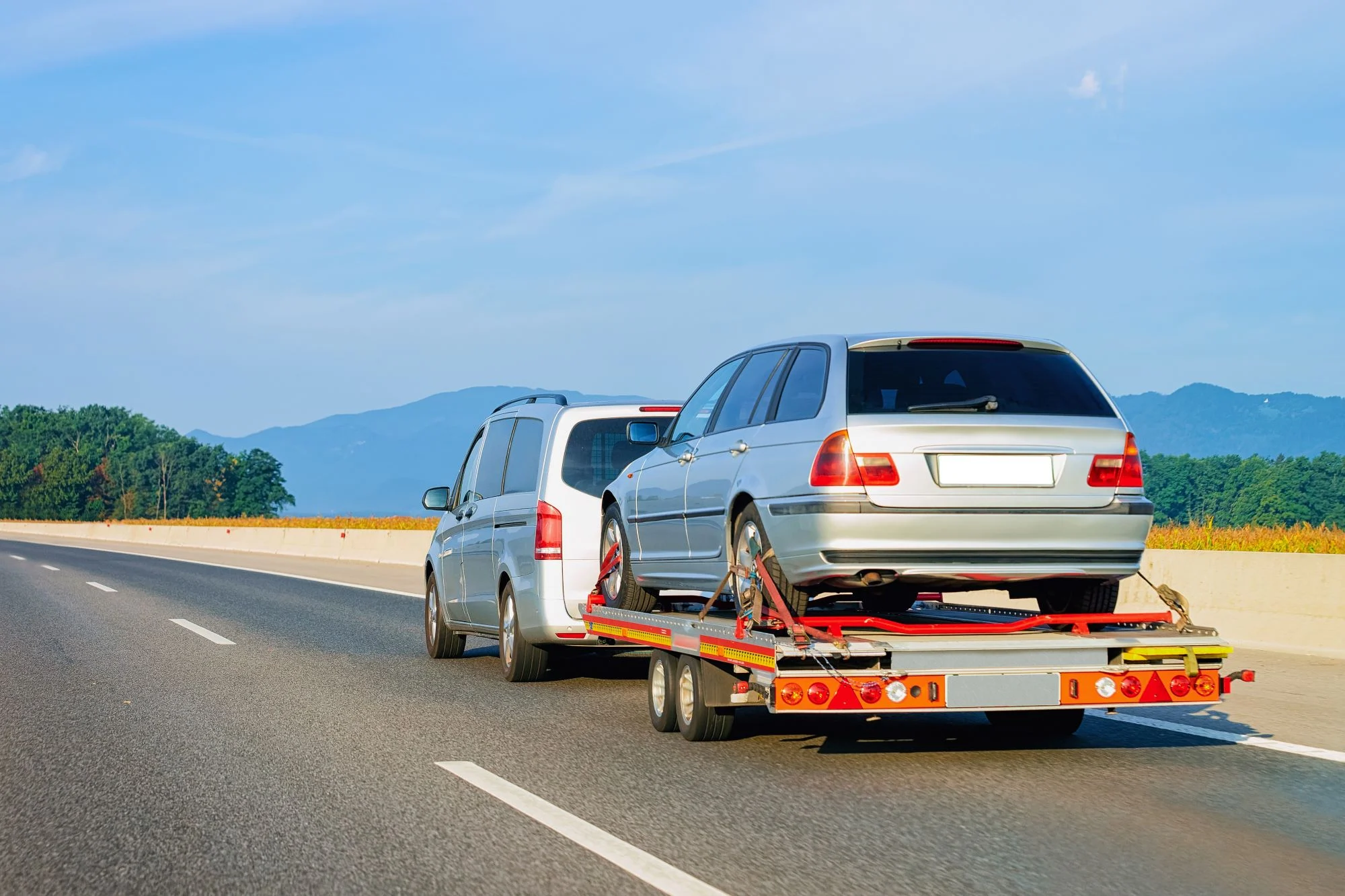Selecting the best car trailer is more than how much it can transport. The most important thing to consider is the safety features that safeguard your vehicle, cargo and, most importantly, you as well as other motorists. If you’re transporting work equipment or for just for fun not taking care of safety precautions could cost more than just money.
Recently, accidents involving towing have become more frequent. A lot of these accidents could have been prevented by using trailers that have safety equipment. This is why any smart buyer must look beyond the price and concentrate on important safety features of a car trailer that provide peace of mind as well as legal protection.
Table of Contents
Trailer Brakes & Brake Controllers
Trailer brakes are among the most vital security features that you shouldn’t ignore. They can help you slow down your truck without exerting all pressure on the brakes of your vehicle. This is crucial when hauling heavy loads, or moving downhill.
In order to operate the brakes correctly to operate them properly, a brake controller must be installed in the towing vehicle. It connects to the trailer and regulates the force of braking that is applied. This is not just safer but also lets you get more confidence when driving in difficult situations or on steep descents.
Breakaway System for Emergency Safety
Breakaway systems are a tiny device that can do a massive job. If your trailer becomes disconnected during driving and the breakaway system is activated, it turns off the brakes on your trailer immediately to stop it from slipping away, leading to an accident.
This is a legal requirement in a number of states for trailers exceeding the weight of a specified amount. Even if it’s not legally required however, it’s an excellent safety investment. It’s a small step that will prevent the destruction of the vehicle and also protect people in the event of an unexpected detached.
LED Lights and Reflectors for Better Visibility
Lighting isn’t only about fashion, it’s about security. Lights for your brake lights and LED tail lights and turn signals will ensure your trailer is seen by other drivers. These lights last longer as well as brighter and more energy efficient as compared to traditional bulbs.
Alongside the reflectors, lights and reflective tapes are also important especially in the evening or during bad conditions. They aid other drivers to see your trailer from every angle and reduce the chance of side or rear collisions on low-visibility or highway roads.
How to Choose the Right Hitch for Your Trailer?
The trailer hitch isn’t only an accessory, but a security device that helps keep your cargo secure and safe. Choosing the wrong dimensions or the wrong weight classification could cause trailer separation or even damage to your towing vehicle. Make sure you match the type of hitch with the weight of your trailer and ensure it is equipped with the adequate safety certification.
There are a variety of hitches like fifth-wheels, ball mounts and gooseneck. Pick one based on the trailer’s dimensions and towing requirements. Check that the hitch is secure and clean of any rust and that the pin is securely in place prior to every journey.
Understanding Tongue Weight and Why It Matters
Tongue weight refers to the pressure that the trailer applies to the ball of your hitch on the towing vehicle. Tongue weight too high can put strain on the rear of your vehicle and too little could result in dangerous sway in your trailer. It is essential to have a balanced load to prevent both problems.
The ideal tongue weight should be about 10-15 percent of your trailer’s weight. Make use of a tongue weight scale or sensors built into the trailer to keep within the limits of safety. Neglecting this can result in inadequate management, wear on tires and dangerous driving conditions.
The Importance of Checking Trailer Bearings
Wheel bearings on trailers make sure that your wheels move freely and keep metal components from colliding. When they are damaged, the wheels may be locked up or fall off completely. This is why checking and greasing regularly is vital.
Bearings that are damaged can cause noise or heat when towing. Don’t wait until they stop working, plan regular maintenance and have a bearing kit ready in case in the event of an emergency while hauling long distances.
How to Handle Trailer Sway on the Highway
If your trailer begins to sway across the pavement, you shouldn’t get worried. Do not accelerate or turn abruptly. Instead, slowly reduce the acceleration and maintain the steering in a straight line. Unintentional movements could make the sway more pronounced.
To avoid swaying from happening to prevent sway, load the trailer equally and utilize their sway bars and stabilizers. Be sure that the tires are filled and steer clear of high speeds when it is windy. Preventive measures are always more effective than correcting in controlling sway.
What to Include in Your Trailer Emergency Kit
There’s no way to know when something could occur in the roadway. A well-stocked emergency kit for your trailer includes an extra tire and jack, as well as wheel chocks, reflective triangles duct tape, as well as basic tools. These tools can make a difference in your travels, or your life.
Additionally, you should have gloves, extra hitch pins, fuse, and flashlight. If you’re going towing for long distances, you should be sure to carry a small air compressor as well as fire extinguisher. Being prepared means that you’re not just towing safe, you’re also towing intelligently.
Trailer Sway Control System
The sway of the trailer is among the most common causes of towing-related accidents. It is caused by roads, wind or unbalanced loads can cause the trailer to move from side to side. A sway control system can stop this swing and keeps the trailer in a stable position on the road behind your vehicle.
Modern tow vehicles usually have built-in sway controls, however it is always recommended that your trailer comes with its own anti-sway kit or sway bar. These systems can help keep your balance and minimize the possibility of jackknifing especially when traveling at high speeds, or during abrupt changes in lane.
Safety Chains and Hitch Locks
Safety chains are the backup plan of attack in the event that the primary hitch is damaged. They ensure that the trailer is connected to your vehicle for a long time that you can pull over without risk of injuries or major damage.
A coupler lock or hitch can also be a useful device that stops theft and makes sure that your trailer doesn’t fall off in error. Together, these parts provide solid physical security They’re also simple and inexpensive to put on most trailers.
Load Distribution System
An load distribution device distributes the weight equally across your trailer and the towing vehicle. If your trailer is balanced, it decreases tension for the rear axle, and increases the traction, steering, and brake performance.
This particular system is ideal when you’re hauling long distances or you’re towing across hills and rough terrain. Uneven weight could cause shifts, uncontrolled control, and even blowouts. These are issues which a properly distributed load hitch can stop effectively.
Tire Pressure Monitoring System (TPMS)
Tires are often omitted but they’re crucial to ensure the safety of your trailer. If one tire isn’t properly inflated the tire could overheat and explode the tire, putting your cargo at risk and even your life. The TPMS monitors every tire’s pressure and informs you when there is a problem.
They are now affordable and are easier for installation on old trailers. They give real-time information on pressure to allow you to act before a blowout or flat occurs. For long trips or bumpy roads, TPMS is an essential tool.
Anti-Lock Braking System (ABS)
ABS on trailers help maintain control in sudden stops. As opposed to locking wheels or skidding the trailer, ABS keeps the trailer in a straight line. This is crucial in wet weather or on slick roads.
While ABS is most commonly found in commercial or high-end trailers, it is possible to adapt it for older trailers. It gives you an easier ride, less wear on tires and decreases the risk of jackknife-related accidents. It’s a second layer of protection that is worth every cent.
Conclusion
When purchasing your next vehicle trailer, don’t ask “How much it can tow?” ?”–ask “How secure is it to transport?” The right safety features can reduce accidents, lower repair costs and, more important, safeguard lives.
From lighting systems to brakes Every item that is listed here contributes to more secure, efficient towing experience. For more auto-related tips from experts and safety guidelines for vehicles You can read USA Time Magazine and stay informed with the latest information on smart purchasing decisions.
FAQs
1. The most crucial car trailer security characteristic?
A trailer’s brake system can be the primary security feature. It eases the burden on the vehicle and provides safe, steady stops.
2. Are LED bulbs better than regular light bulbs used for trailers?
Yes the LED light bulbs last longer. They also are brighter and enhance visibility in the dark or during bad conditions, which makes your trailer more secure while on the roads.
3. What is the reason for sway control?
Sway control helps reduce the side-to-side movement of trailers caused by winds or weight distribution. It enhances handling and decreases risk of accidents.
4. Are there safety features I can install on my trailer that I have already installed?
Yes. It is possible to retrofit features such as TPMS, bar sway bars as well as LED lights to trailers with older models for improved safety and security.
5. Do I require chains to protect myself if I have a sturdy hitch?
Absolutely. Safety chains are an emergency in the event that your hitch breaks, stopping the trailer from fully detaching in movement.




